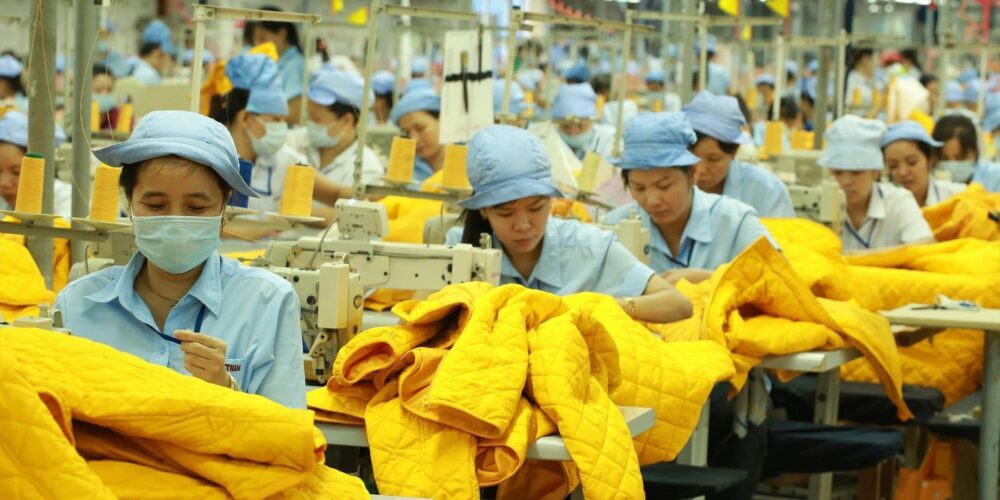“No ethical consumption under capitalism” is a phrase that is often bandied about with no real connection to its origin. It’s used to provide cover for superfluous hauls and conspicuous consumption (or overconsumption), the line of thinking being that “if no choices are ethical then I can and should be able to do whatever I want.”
This take, while simplistic, can and does recognise the contradictions of capitalism. The crux of the issue is that it responds to these contradictions in an individualistic and escapist manner rather than rising to the challenge of collective action. However, the response is often just as simplistic, individualistic, and escapist.
It revolves around the notion that we all just need to take responsibility for our choices, and that, while there are no “good” choices under capitalism, we can try our best to do the least damage with them by being as informed as we can about the choices we are making in the first place.
This is appealing, because it is quite clear and easy in many cases: we don’t cross picket lines, and we don’t buy products produced in apartheid states. The list can get a bit long and tricky when we are trying to ensure that items are as ecologically responsible as possible—avoiding palm oil, for example. It gets trickier again when we try to take on some of the worst examples of exploitation, especially when it has the veneer of respectability about it.
Coca-Cola workers in Ireland have some pretty decent trade union representation. To buy from them you are supporting Irish workers and an Irish (or close enough) business. They have a plan to close the pay gap and smash the glass ceiling. In Colombia, however, Coca-Cola hired death squads to threaten, intimidate, harass, maim and kill trade unionists attempting to organise workers working in dire conditions. Coca-Cola at least is not a necessity.
An affordable and necessary pair of trousers for a funeral or job interview can be bought from a chain such as Penney’s, where the workers at least have a union, an often quite militant one. The workers have banded hours, minimum pay, minimum rest periods, etc. It’s not ideal, and there are more battles to be won, but overall it’s not an unusually bad employer. This, however, is not the case along their supply chains. “No ethical consumption under capitalism” is really about how low-wage workers are forced from necessity to buy the products produced by other, more exploited workers.
Choices made at the individual level can be useful for guilt alleviation, but not much else. While some very successful boycott campaigns have been carried out, they were organised collective actions, with very specific aims and goals. While incredibly important, such as with the South African apartheid boycott, they challenged a symptom of capitalism and imperialism and left the root largely untouched.
Capitalism cannot be reformed through consumer choices. Consuming in any way is still “buying in” to capitalism, and we cannot merely buy our way out.
“No ethical consumption” as a slogan was meant to take the wrongful blame off exploited workers for buying the necessities of life produced by other exploited workers’ labour and place it onto the corporations that are the original exploiters in the first place. As communists we should feel the weight of the choices we make, even when they aren’t really choices.
How we move in the world has weight and has an impact on others; and even when we cannot avoid doing harm entirely we should do what we can to lessen it, where we can. Those we hurt are our own, and it shouldn’t be easy or a thoughtless action for us to do it.
What is truly important is that we don’t let that immobilise us or desensitise us but rather to galvanise us in the correctness of what we believe. By working as a collective, by moving as one, we can throw off our shackles and uproot the capitalist system that dehumanises us and alienates us from each other.






